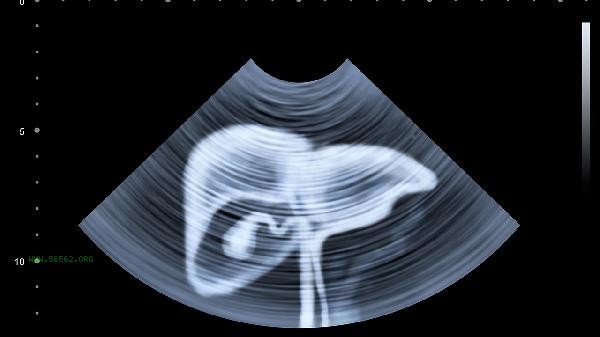Reducing abdominal fat can be achieved through dietary adjustments, aerobic exercise, strength training, stress management, and adequate sleep. Abdominal fat accumulation is mainly related to excess calories, hormonal imbalances, decreased metabolic rate, sedentary habits, and genetic factors.

1. Dietary adjustment:
Control the intake of refined carbohydrates and high sugar foods, increase the proportion of dietary fiber and high-quality protein. It is recommended to choose low glycemic index foods such as whole grains, green leafy vegetables, and chicken breast, and avoid sugary drinks and fried foods. Maintaining a daily calorie deficit of 300-500 calories can effectively reduce visceral fat accumulation.
2. Aerobic exercise:
Engage in at least 150 minutes of moderate intensity aerobic exercise per week, such as brisk walking, swimming, or cycling. Intermittent high-intensity training is more effective in activating lipolytic enzymes, and it is recommended to adopt a cycling pattern of 1-minute sprint followed by 2-minute recovery. Maintaining a heart rate between 60% and 80% of the maximum heart rate during exercise is most effective.
3. Strength training:

Resistance training targeting the core muscle group can improve basal metabolic rate. Actions such as plank support, Russian rotation, and hanging leg lifts can strengthen the transverse abdominis muscle. Strength training for 20 minutes three times a week can significantly reduce waist circumference. For every 1 kilogram increase in muscle mass, daily resting energy expenditure can be increased by 50 calories.
4. Stress Management:
Long term stress can lead to elevated cortisol levels and promote abdominal fat storage. By practicing mindfulness meditation, deep breathing exercises, or yoga to regulate stress, 15-20 minutes of daily relaxation training can reduce stress hormones by 30%. Ensuring sufficient social activities and hobbies can also contribute to emotional balance.
5. Sleep optimization:
Lack of sleep can disrupt the secretion of leptin and ghrelin. It is recommended to maintain 7-9 hours of high-quality sleep every night. Avoid blue light exposure before bedtime and keep the bedroom temperature between 18-22 degrees Celsius. During deep sleep, the secretion of growth hormone increases threefold, effectively promoting fat breakdown metabolism. Reducing abdominal fat requires establishing lasting lifestyle habits. It is recommended to record daily diet and exercise data, and regularly measure waist circumference changes. When cooking, use olive oil instead of animal oil to increase the intake of foods rich in Omega-3 fatty acids such as salmon. Get up and move around for 3-5 minutes every hour during work, and avoid prolonged sitting for more than 90 minutes. Pregnant women or those with metabolic disorders should develop a weight loss plan under the guidance of a doctor and should not blindly pursue rapid weight loss results.





Comments (0)
Leave a Comment
No comments yet
Be the first to share your thoughts!